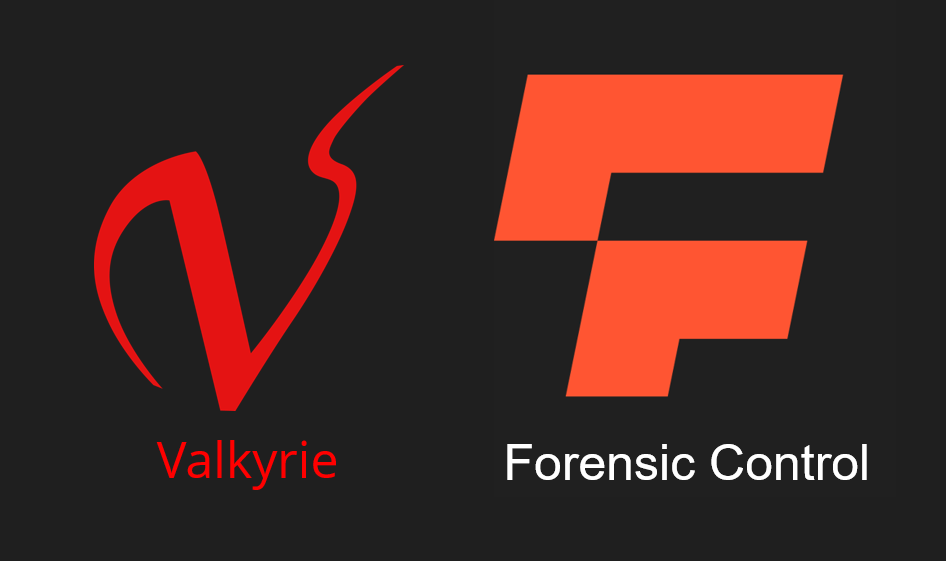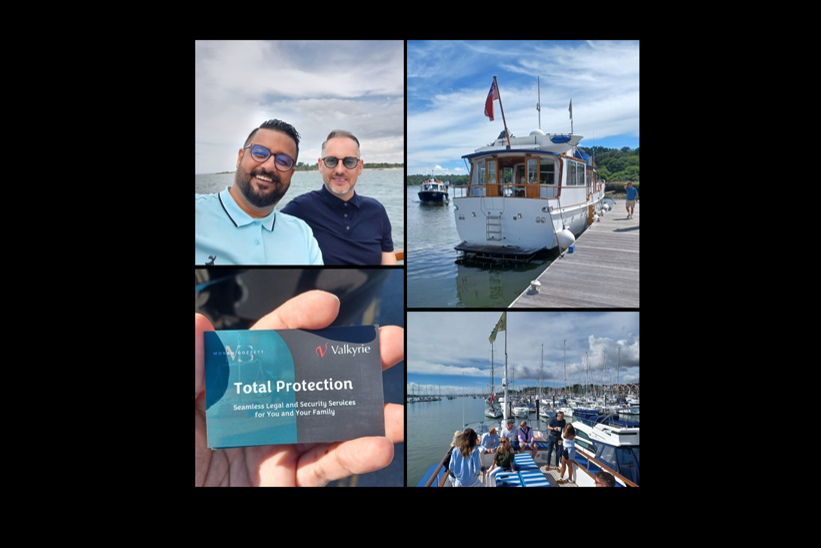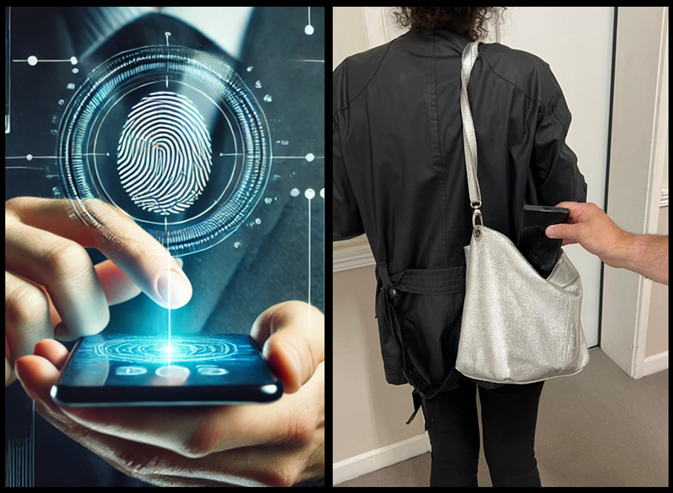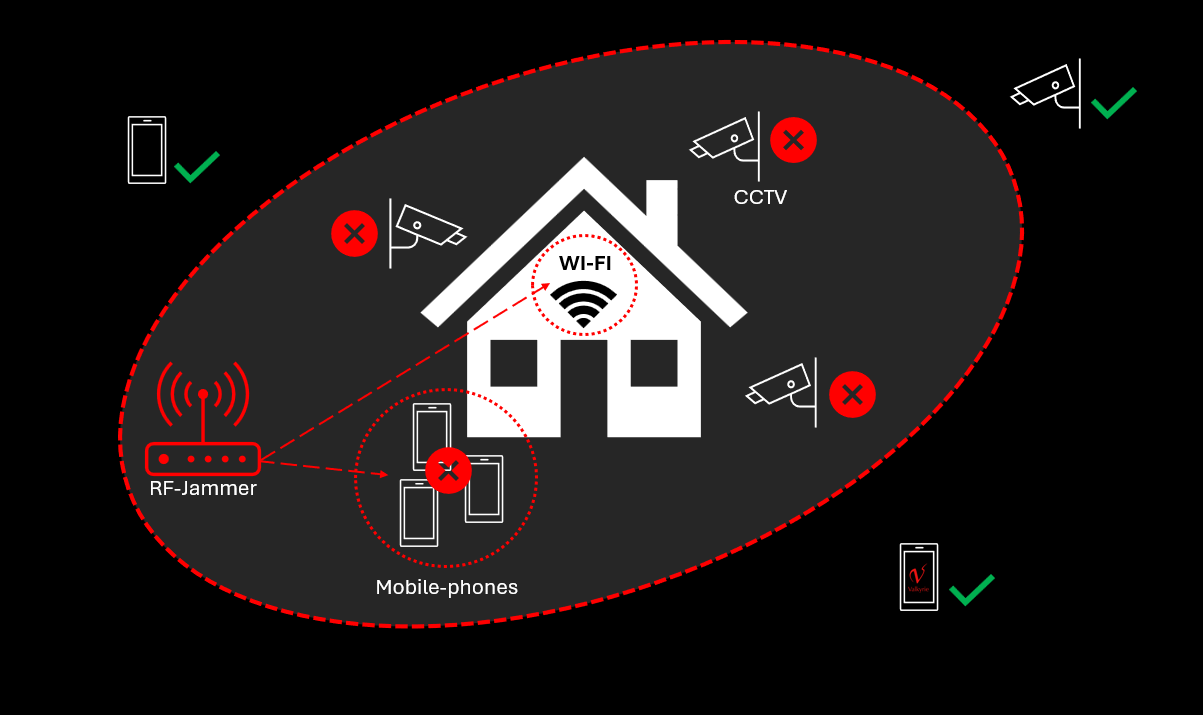Most people have heard of the ‘dark web’ and the stories of the criminal activity that takes place on it. For the most part, these stories are true. However, there is more to the dark web than drugs, guns, and stolen credit cards. The dark web CAN be dangerous and disturbing for those who are new to it. The Dark Web is a collection of thousands of websites that use anonymity tools like Tor and I2P to hide IP addresses. While it’s most famously been used for black market drug sales and pornography, the Dark Web also enables anonymous whistleblowing and protects users from surveillance and censorship.
The dark web is part of the Internet that isn’t indexed by regular search engines, like Google, Bing, and Yahoo. You won’t be able to access the dark web through standard web browsers like Google Chrome or Firefox; instead, you need a special browser called Tor. Any type of information can be found on the dark web. It is only considered ‘dark’ due to the limited accessibility and anonymity that comes with using Tor. To best understand what the dark web is it’s important to know that the Internet is made up of three main parts – the open (or surface) web, deep web, and the dark web. The surface web, this is what makes up around 10% of the Internet and includes everything and anything that can be found via search engines like Google. Things like Facebook, Amazon and Wikipedia are all part of the surface web. The deep web, despite the menacing name, the deep web is merely part of the Internet that isn’t easily accessed without passwords etc. This can include things like your email account, pages you use to do online banking, company servers and even blog posts that are saved as drafts in WordPress. The deep web makes up the majority of the web. The dark web, this is the part of the web that is only accessible through an ‘onion router’ like Tor. Sites on the dark web are easily recognised by the .onion domain name, and they usually contain content that users don’t want to be found by Google. This can include anything from drugs and guns for sale to surveillance conscious blogs or anonymous government critics.
Difference between the dark web & deep web. It can be difficult to distinguish the dark web from the deep web. They are both part of the Internet and in many ways similar. For example, neither can be accessed by a conventional search engine like Google. However, the deep web refers to any web pages that are unidentifiable by search engines, while the dark web refers to websites that can only be accessed using the Tor browser. Many people use the terms ‘deep web’ and ‘dark web’ interchangeably. In fact, this is the origin of the myth that 96% of the Internet is the ‘dark web’. In reality, the dark web is significantly smaller than both the deep web and the open web.
Dark web uses. The first thing people think of when they consider the dark web is the criminal activity that takes place. However, the dark web is really a place of extreme online privacy, which can be used in a number of ways and for a variety of reasons. Of course, this privacy allows criminal activities to flourish and the dark web can be used to buy things like illegal drugs or stolen credit cards or access illicit and illegal content. However, the level of illegality can vary. For example, some use the dark web to access content that is only illegal in specific areas, such as gambling in certain US states, or to bypass local restrictions to access TV or movie services. The dark web can also be used for completely legal and legitimate uses. For example, you can join BlackBook, a dark web version of Facebook, which in itself is a strange concept. Facebook itself also has a .onion-address for users from countries that have banned the social media network. The privacy of the dark web helps protect the identity of those who live in countries where Internet access is monitored or prohibited and whistle-blowers who are trying to expose government or corporate corruption. Aside from criminal activity such as money laundering or visiting dark web marketplaces to buy illegal goods, the dark web is also used for a range of completely legal purposes. In fact, despite its poor reputation, the popularity of the dark web has grown significantly. Interest in Tor and the dark web increased rapidly in the aftermath of Edward Snowden’s revelations regarding the levels of Internet use surveillance by the UK and US governments in 2013. The number of Tor users went from one million to an estimated six million after these revelations.
Can the dark web be a force for good. Yes, with so much anonymity the dark web is often used by criminals. However, not all of the users of the dark web are interested in illegal activity. The dark web is also used by journalists, whistle-blowers, law enforcement agencies and other legitimate users who are only interested in incognito communications. In fact, the Tor network was created as an anonymous way to communicate and it serves an essential purpose in allowing people to communicate in countries that censor and repress free speech. It is impossible to ignore the commercial side of the dark web. The available black market of illegal services can include buying anything from illegal drugs, firearms, and stolen credit card details. Before it was shut down, the Silk Road was a well-known dark web marketplace where you could buy almost anything. The dark web is also a haven for cybercrime, with malware, hacking tools and even hackers for hire available for the right price. Personal details for sale are common on the dark web. Things like credit card numbers, stolen subscription details, hacked Netflix accounts and logins for various bank accounts can all be found and purchased on the dark web. Pornography is also widely available on the dark web. Despite the wide range of services available, commerce on the dark web is dangerous and risky. Not only might you end up in jail for buying illegal or illicit goods and services, but there is no guarantee that what you are trying to buy will arrive.
Is the dark web Illegal. The dark web is notorious for being a place you can buy illegal or illicit goods or services, such as illegal drugs or hackers for hire. For example, The Silk Road was a dark web site infamous for the range of drugs that were purchasable on the site. The Silk Road was shut down by the FBI in 2013 and the site’s founder Ross Ulbricht was arrested and sentenced to life in prison. AlphaBay was another popular dark web marketplace filled with illegal content. Using Tor and accessing the dark web is completely legal – assuming you aren’t in a country with a less than friendly regime that restricts web access. However, what you do on the dark web is a different story. A report called ‘The darkness online’, published in 2016 by King’s College London, discovered that only half of the sites live on the dark web contained illegal or illicit content. If you decide to access and use Tor and the dark web, it is up to you to be careful of what you access and who you interact with. This prevents you from inadvertently viewing or accessing illegal content and earning the ire of various law enforcement agencies. Anonymity comes with a price and the dark web is a haven for criminals and hackers who prefer to operate in the shadows of the dark web. Visiting the dark web could expose you to scammers and cyber criminals who will attempt to infect your device with malware or steal your personal information.
Accessing dark web. If you are still interested in getting on the dark web, then it is important that you take steps to remain safe and legal. Accessing the dark web requires using Tor, an anonymous browser. Unlike other web browsers, like Chrome or Firefox, which take the most direct route from your computer to the web, the Tor browser makes use of a random path of encrypted servers to connect to the web without the risk of being tracked. Once you have downloaded and installed the browser you are ready to enter the dark web. However, before you get ‘lost in the dark’ there are some things you should consider first to stay safe. If you are serious about using the dark web, then you should make efforts to maximise your anonymity. The first step is using the Tor browser. However, you should make use of a VPN to give the appearance of entering the Tor network from a different IP address than the one you are actually on. In addition, be sure to disable Flash and turn off JavaScript as they can both be used to identify your location and machine.
The dark web is visually distinct from the open web. Site design is often rudimentary with darker backgrounds being fittingly popular. The experience of browsing the dark web is reminiscent of using the Internet in the late 90s. The speed of the Internet is also similar to the 90’s dial-up experience. Making use of Tor can slow down the browsing experience significantly. Another difference between the dark web and the open web is the naming structure. Instead of ending in .com or .co.uk, websites on the dark web end in .onion. This is actually what stops regular search engines without the appropriate proxy from reaching these sites. Dark web sites also make use of a scrambled naming structure to create URLs that are difficult, if not impossible, to remember. The main issue with browsing the dark web is that if you aren’t looking for illegal content like buying fake passports or illegal drugs then things get limited very quickly. The dark web is similar to the open web of 1995 with unreliable web pages like directories, pet projects and hobby sites making up the majority of live sites and useful search engines and results are few and far between. The dark web is as chaotic as you would expect when everyone’s identity is anonymous, and many are out to scam each other.
How large is the dark web. The study by King’s College London (The Darkness Online) found around 300,000 addresses within the Tor network, which were comprised of an estimated 205,000 web pages. The study also performed a deep search that discovered 5,205 live sites on the dark web. Over half of these (2,723) contained illegal web content. Many people mistakenly believe that the dark web is the huge sinister mass lurking under the surface of the world wide web. The reality is the dark web is tiny. The dark web was estimated to contain 205,000 web pages by ‘The Darkness Online’ report in 2016. In comparison, in 2013 Google estimated that the open web was comprised of over 30 trillion pages.
Why is the dark web dangerous. Browsing the dark web can be interesting and exciting for some, but it can also be disturbing and dangerous. There is almost a complete lack of law enforcement presence on the dark web, which means illicit and illegal content and material can be easily found. Accessing the dark web can also leave you vulnerable to cybercriminals if you don’t take appropriate precautions. Depending on what you click on the dark web you could be exposing yourself to malware which can infect your device and steal your personal information. Personal data is also very valuable on the dark web which can be leveraged by less than savoury characters. For example, the Ashley Madison hack led to large amounts of the site’s user’s personal data, such as real names, phone numbers and addresses for sale on the dark web. This leak led to some users being blackmailed. This shows that even if you don’t know very much about the dark web, there is a chance that it already knows things about you. Finally, accessing the dark web for illegal reasons could leave you facing prosecution.
Should you access the dark web. Unless you have a good reason to access, we would advise against it. Poking around on the dark web is where people get themselves into trouble. There is a high chance that your PC will be hacked, financial or personal info become accessible to others, virus/spyware infiltration, tracking of your IP, and using it for illegal activities and much more. However, if you do decide to visit then research (in detail) how to use it, browse VERY CAREFULLY and DO NOT divulge any personal information. Be completely anonymous and take steps to protect your identity. Remember, anytime you’re in the company of illegal drugs, illegal content, and other sordid online activities it’s very easy to stumble into illegal or shocking content (a mistaken keystroke or simple curiosity), SO, be careful what you are accessing – be alert and safe.
Valkyrie













